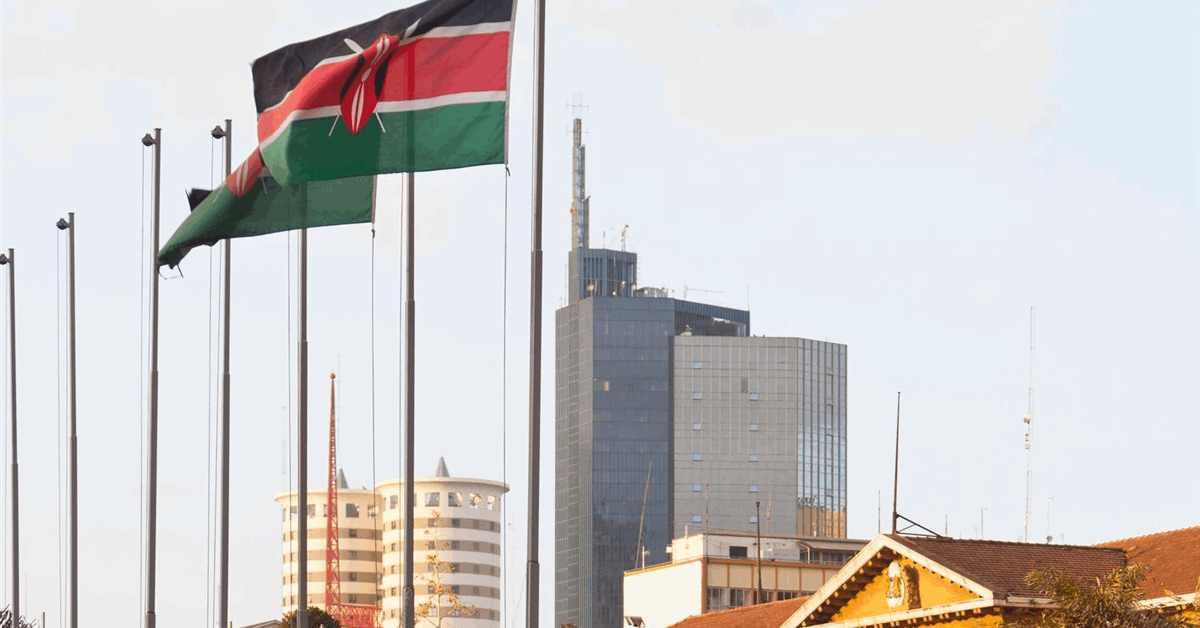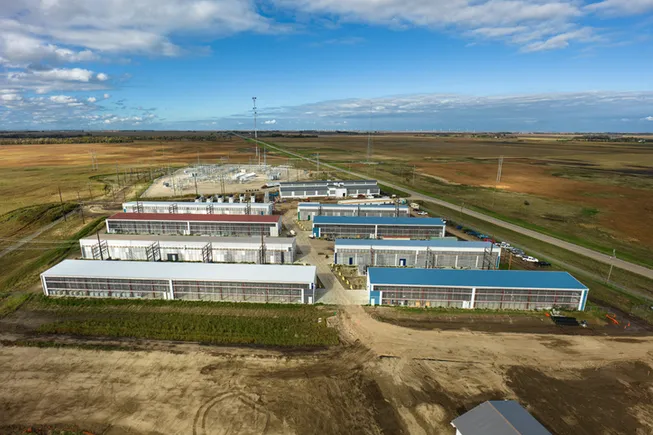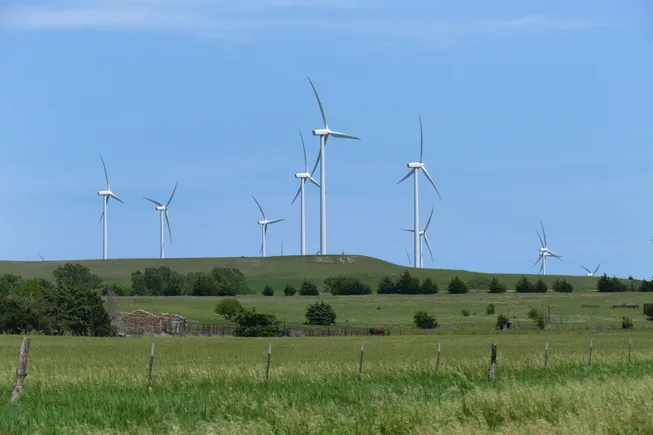
Kenya has renewed a contract to purchase fuel on credit from three state-owned Gulf firms by 24 months and renegotiated lower margins.
Saudi Aramco, Emirates National Oil Co. and Abu Dhabi National Oil Co. will continue to supply gasoline, diesel, kerosene and jet fuel under a 180-day credit plan, Energy and Petroleum Regulatory Authority Director-General Daniel Kiptoo said in an interview in the capital, Nairobi.
The two-year extension will kick in “toward the end of the year” once the East African nation completes imports of previously agreed shipments, Kiptoo said. Volume uptake was hampered by neighboring Uganda’s decision to directly source its own fuel products, he said.
“The plan has helped stabilize the currency. It also gives us security of supply even in the event of supply shocks,” Kiptoo said. “The structure is working and even other countries are coming to Kenya to replicate it.”
Freight and premium costs will drop 11 percent to $78 per metric ton of diesel, 7 percent to $84 for gasoline and 13 percent to $97 for jet fuel. Prices for the products are based on S&P Global Platts benchmark, Kiptoo said.
The arrangement saves local oil marketing companies the hassle of sourcing dollars for imports, according to Kiptoo. It is the second time authorities are renewing the contract first drawn up in 2023 as part of a strategy to ease pressure on forex reserves and to support the shilling.
Market Distortions
The extension is a change of heart for Kenya, which pledged “to exit the oil import arrangement, as we are cognizant of the distortions it has created in the foreign exchange market,” according to a Treasury letter to the International Monetary Fund published in November. It also highlighted “the accompanying increase in rollover risk of the private sector financing facilities supporting it and remain committed to private market solutions in the energy market.”
Dropping the plan may resuscitate pressure on forex requirements as Kenya will then have to meet maturing payments as well as spot purchases every month, Kiptoo said.
Kenya turned to the three oil companies for supply under a six-month credit period, backed by letters of credit from commercial banks. The arrangement replaced an open-tendering system that required about $500 million monthly that had to be paid five days after delivery.
Oil imports by Kenya are also exported to South Sudan, Democratic Republic of Congo and Burundi. There also talks with Rwanda to bring in the bulk of its fuel cargo through Kenya, Kiptoo said.
“The plan is very flexible, we can change the volumes if there’s additional demand both domestic and from partners,” he said.
WHAT DO YOU THINK?
Generated by readers, the comments included herein do not reflect the views and opinions of Rigzone. All comments are subject to editorial review. Off-topic, inappropriate or insulting comments will be removed.
MORE FROM THIS AUTHOR
Bloomberg



















